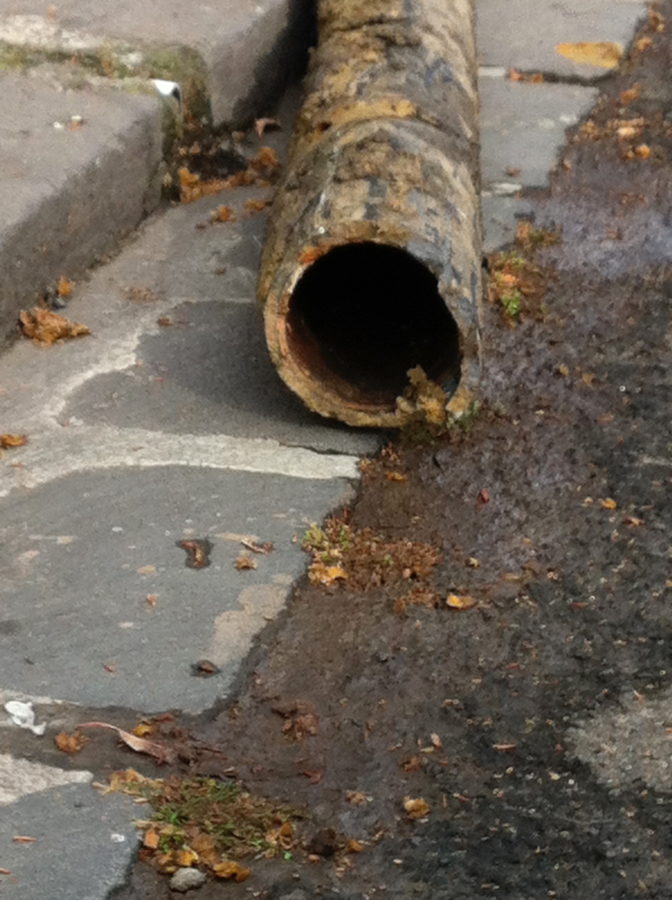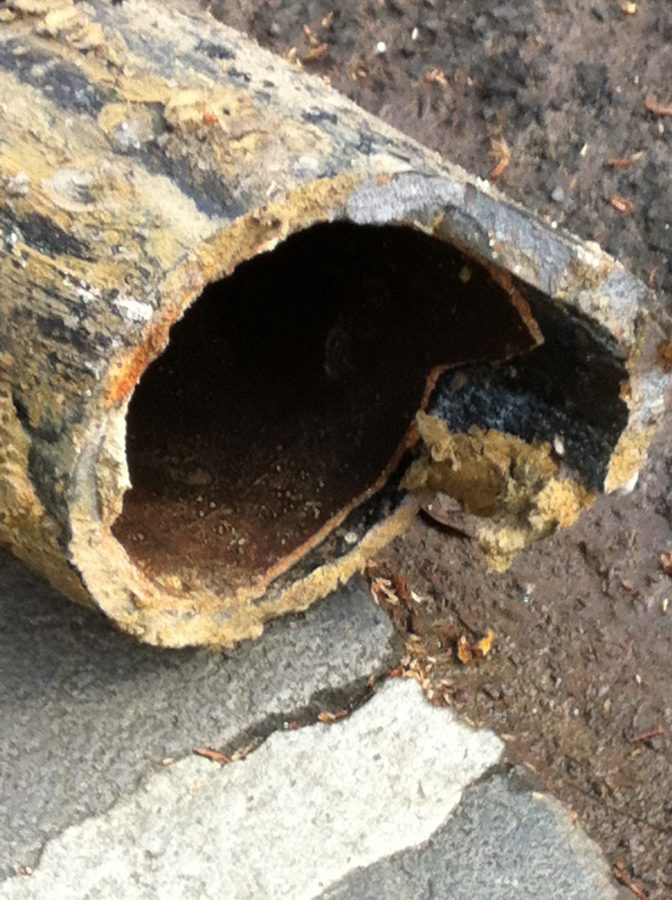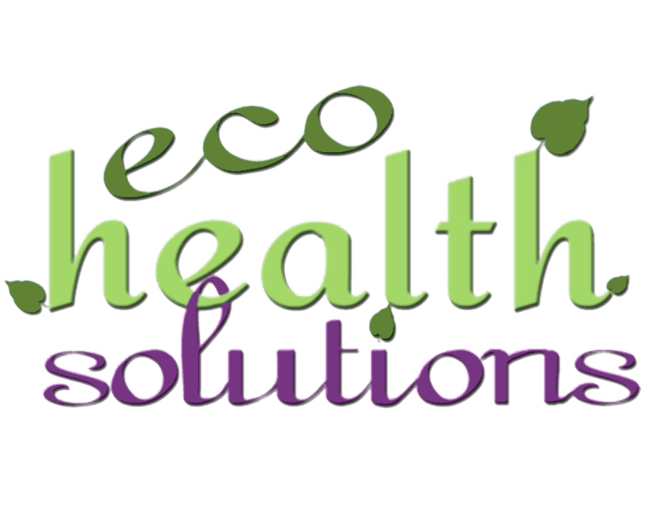What is in My Water?
What is in my Drinking Water?
Water comes from the tap so it is all good, right?
Well, no.
There are so many ways that our drinking water can become contaminated – which is why it is important to have a good quality filter.
Firstly, much of our drinking water gets treated. Some of this is really important – like chlorine to prevent bug-growth. That said, we don’t want to be drinking it!
Let me explain.
Then there are other additives to clean the water… and often there is a degree of residue…
Suppliers regularly test it – they have “Consumer Taps” where they collect it from various sources. However, they are using the Australian Drinking Water Guidelines – which are less precautionary than what I would like.
Chlorine is added.
Chlorine actually plays an important role – it kills any microorganisms that like to grow in water. So its role is to prevent disease.
However, it is not something that we should consume.
It is still active when it comes out of the tap – and can damage our microbiome.
Then there is fluoride (in many parts of Australia).
This is highly controversial and I am NOT of the opinion that we should be consuming it at all!
I sit on the fence for it being good topically, but I from what I have read, it is not something we should consume.
The path it travels from reservoir to tap…
Then there is the pipes that the water travels in – all in various states of decay.

These photos I took outside my house when they replaced the cement-lined asbestos pipes with polyethylene pipes.
The brown marks on the road are the goop that came out.

Copper, galvanised metals or plastics… none are great choices. Many have lead solder… and on it goes.
What shall I do?
So, I say, get yourself a good quality filter and know that your water is safe to drink!
Depending on the source, different filtration systems work better…
If you collect water from your roof and use it for cooking, bathing or drinking, then it is essential to filter it.
Book a Hidden Hazards Hotline call to discuss your situation.
